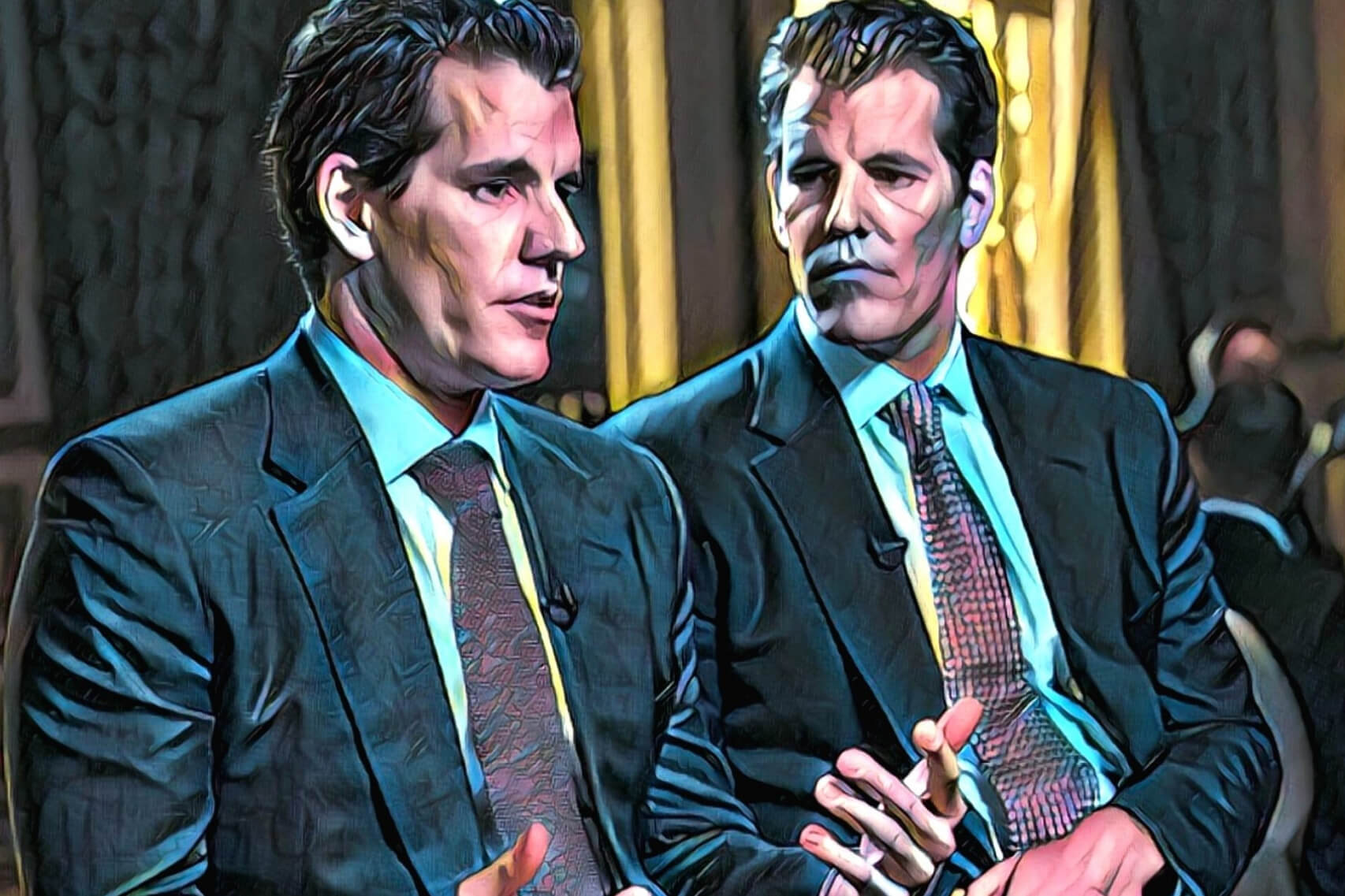Gemini Exchange founders Tyler and Cameron Winklevoss, known for their advocacy of crypto as digital gold, have explained their stance on crypto and regulation, after Gemini advertisements in New York drew attention for the slogan “Crypto Needs Rules.”
The slogan upset the crypto community which strongly believes that the only rules that matter are the ones set by the Bitcoin protocol. The Winklevoss twins have followed up on this and the other ads emphasizing regulations, saying that it isn’t cryptocurrency itself that needs regulation, but crypto companies.
The twins have long tried to promote the idea of regulation in the space, thinking that investors have held off on investing in digital assets because of its unpredictable nature, hitherto not reined in by clear regulation.
Cameron Winklevoss referred to a court document in the QuadrigaCX case. This, and cases like Mt. Gox, behoves “thoughtful regulation”, with rules protecting consumers.
He said:
QuadrigaCX was editing its own internal ledger to move customer funds into special accounts controlled by insiders, who were allowed to trade using those funds and even transfer cryptocurrency out to external wallets..Every incident in crypto to date has been/would have been PREVENTABLE w/ proper rules and thoughtful regulation.
Some have wondered why @Gemini believes the Revolution Needs Rules. Answer: Crypto doesn't need rules, but the companies built on top of it do. See excerpt from court-appointed monitor's (Ernst & Young) third report filed in Nova Scotia Supreme Court re: QuadrigaCX matter pic.twitter.com/Dvw8Am5H9M
— Cameron Winklevoss (@winklevoss) March 14, 2019
Speaking at South by Southwest (SXSW) 2019, in a discussion called ”To help build the future of money”, the twins noted how the industry has transformed from its niche underground to something more mainstream — and perhaps even one day ubiquitous.
For them, regulation means allowing digital assets to flourish while enforcing reasonable rules on entrepreneurs and third parties that work on top of crypto:
Some argue that the protocols themselves have enough “rules.” We agree, but protocols only govern the movement of funds inside systems; they don’t provide controls or oversight for the entrepreneurs and companies that build on top of them. Every crypto incident to date has been a company (or human) problem, not a crypto problem.

